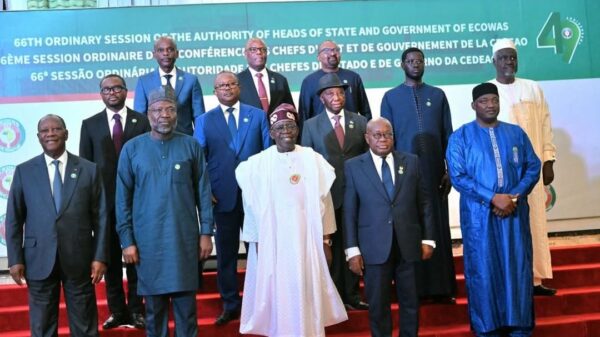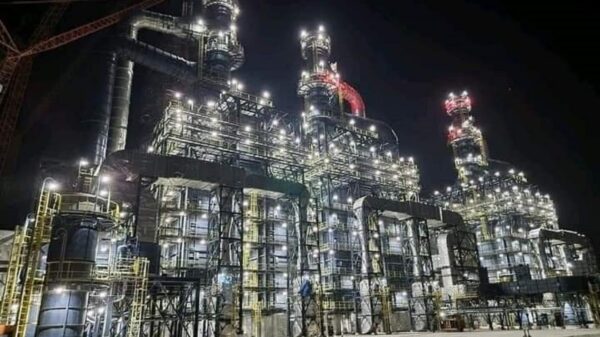Dean of the Faculty of Law at the University of Professional Studies, Accra, Professor Ernest Kofi Abotsi, says calls for Ghana’s government to review mineral rights contracts with foreign companies is merely a moral argument and not a legal one.
According to him, while some of the mineral rights contracts successive governments have signed on to do not uphold the country’s interests, they are legally binding and cannot be changed at a whim.
“…In contract and law, moral statements don’t hold sway. It’s a question of what can be as opposed to what should be. ‘Should be’ I think generally we will agree, and many people have argued that the mineral resources of Ghana haven’t appeared to have benefitted Ghana in terms of the overall exploitation across the spectrum of decades in that time space,” he said.
Citing the Obuasi and Johannesburg example, he noted that the huge developmental disparities between the two cities evidence the poor negotiation skills of the Ghanaian government to ensure that the country’s interests reign supreme.
He noted that clearly now it is too late to make any changes to these contracts as they are legally binding and the parties involved had agreed to the terms willingly without coercion.
“So generally there is an understanding that Obuasi is a gold town or a gold city. Obuasi and Johannesburg were essentially founded around the same time period in the early 19th century, and we all know what has become of Johannesburg, we see what has become of Obuasi. So people can make these comparisons and they’re difficult to refute. There’s that general understanding.
“However, it is not a question of what should as opposed to a question of what can legally speaking. These contracts are contracts, they’re locked in an agreement which is frozen and particularly for the stabilization clauses even if other portions can be amended the stabilization clauses are often frozen, not subject to amendment.
“ If they can be amended, of course then there’s the case for they should be amended because people can make a general claim that for some of those industries there has been no clear or detonable benefits for local catchment people. But the question is whether the law allows within the framework of their structuring, and I think obviously not.”
Prof. Abotsi has suggested that to get the foreign companies back to the table to review their contracts, the government must negotiate to encourage the companies to willingly open up and accept the review.
“So the best option that you may have could be a negotiated case. A negotiated case of probably trying to bring those companies back to the table and seeing if they would happily open up and allow some redesign of things,” he said.























